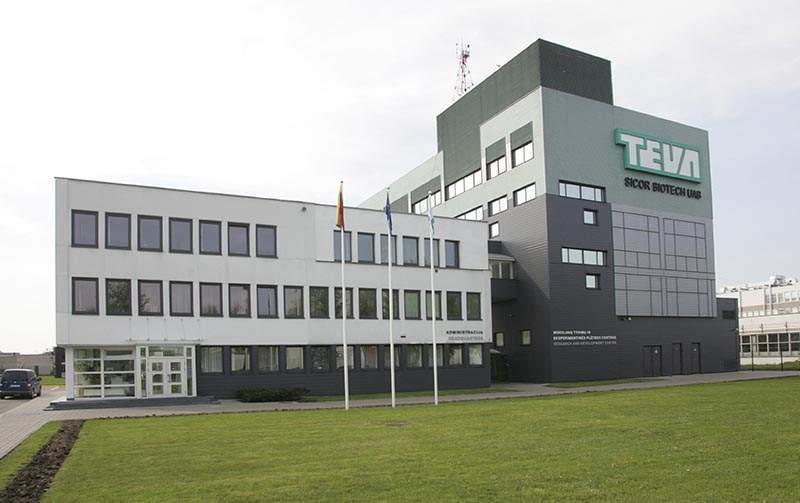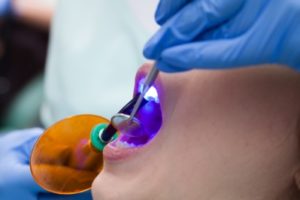The UK High Court of Justice has given a decision in favor of Mylan and Synthon over their dispute concerning the patent of Teva Phamaceutical Industries’ multiple sclerosis (MS) treatment Copaxone which was ruled to be invalid due to obviousness.

Subscribe to our email newsletter
Synthon is the partner of the US-based Mylan for the development and supply of its Glatiramer Acetate Injection 40mg/mL product across Europe.
The 3-times-a-week injection is the substitutable generic version of Teva’s Copaxone 40mg/mL which had secured approval from the US Food and Drug Administration (FDA) earlier this month.
In a statement Mylan said: “Over the course of the last eight years, Mylan has successfully overcome Teva’s four waves of U.S. patent litigation, eight Citizen Petitions, injunction proceedings in India, more than 15 regulatory challenges, patent litigations or commercial actions across Europe, and now the litigation in the U.K., in addition to obtaining dismissal of Teva’s suit against the FDA seeking to delay approval of the 20 mg/mL product.”
The company further stated that the positive judgment it got in the UK for the Copaxone generic will help further clear the way for its launches of Glatiramer Acetate Injection 40mg/mL in the future in select European markets.
Mylan noted that it will support the multiple sclerosis patients with its continued commitment to introduce lower-cost generic versions of Copaxone across the world irrespective of any further attempts by Teva to prevent such access.
Israel-based Teva stated that it is disappointed and disagrees with the ruling over its patent, and intends to appeal against it in the UK Court of Appeal, as reported in The Times of Israel.
Recently, Teva had filed an infringement action against Mylan Teoranta, the Irish subsidiary of Mylan in the High Court of Ireland. The Israel-based company alleged that Mylan’s Glatiramer Acetate 40 mg/mL injection had infringed two European patents of Copaxone.
Mylan says that one of those patents has just been invalidated in the UK while the other one was ruled to be invalid by the United States District Court for the District of Delaware and also the Patent Trial and Appeal Board.
 Advertise With UsAdvertise on our extensive network of industry websites and newsletters.
Advertise With UsAdvertise on our extensive network of industry websites and newsletters.
 Get the PBR newsletterSign up to our free email to get all the latest PBR
news.
Get the PBR newsletterSign up to our free email to get all the latest PBR
news.

